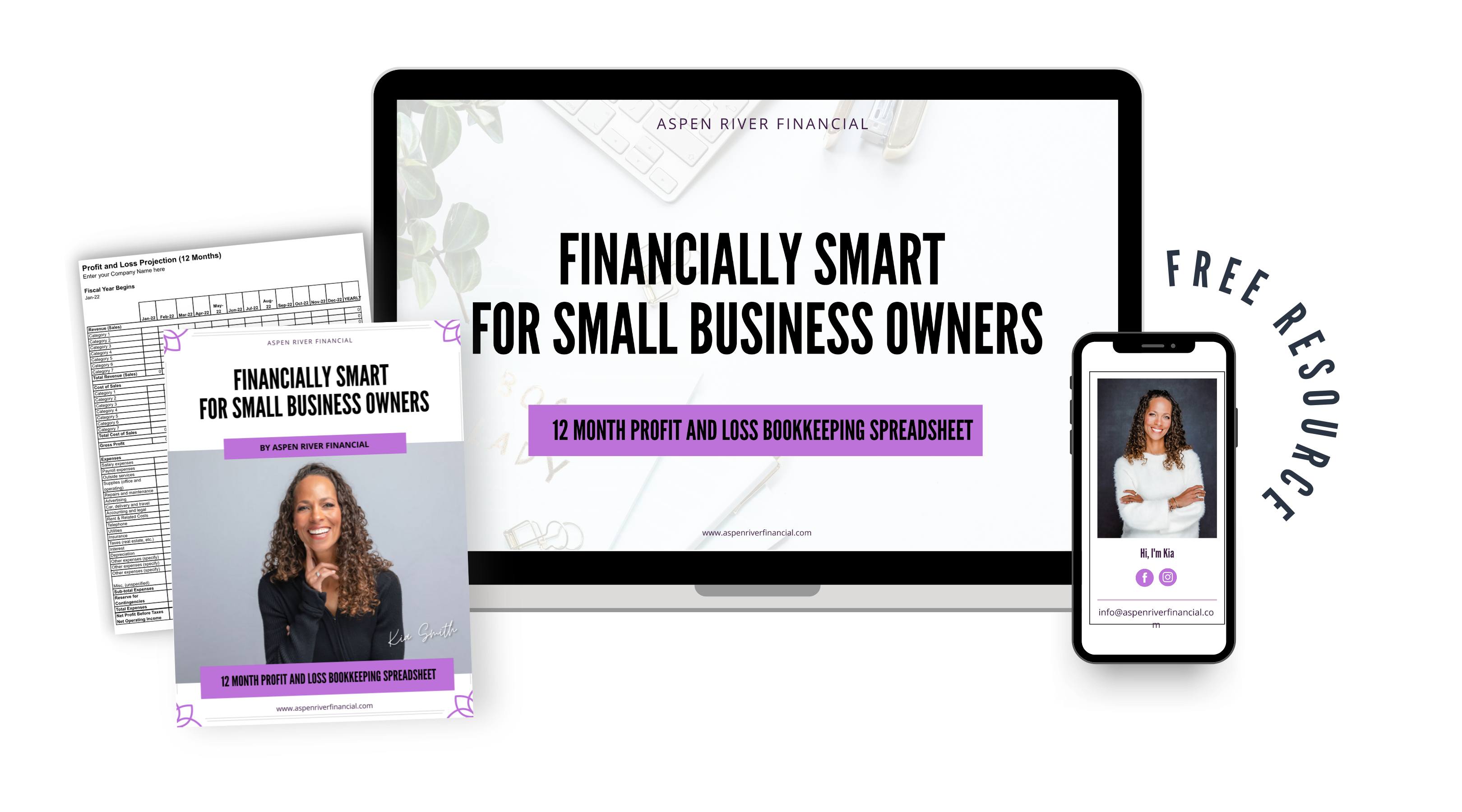
- Kia
- 07/06/2022
- 9:23 pm
- No Comments
Feeling overwhelmed when it comes to business expenses? You’re not alone!
Many small business owners feel this way, but it doesn’t have to be that way.
This blog post will discuss the 5 essentials of business expenses. Once you understand these basics, you’ll feel more confident when dealing with your finances. Let’s get started!
If you’re a small business owner, chances are you’ve felt overwhelmed by your business expenses at some point.
After all, there’s a lot to keep track of – from supplies to employee salaries and marketing costs.
It’s no wonder that business finance is one of the most common sources of stress for small business owners.
The 5 essentials of business expenses
1. Understand what business expenses are
For small business owners, understanding what business expenses are and how to track them is essential for keeping on top of their business finances.
Business expenses are any costs incurred while running a business, from office supplies and equipment to marketing and advertising.
Tracking business expenses can help small business owners stay organized and efficient and identify areas where they may be spending too much money.
With a clear understanding of their business expenses, small business owners can make informed decisions about where to allocate their resources and how to best manage their finances.
2. Keep track of your expenses
As a small business owner, it’s important to keep track of your expenses.
Not only does this help you stay on top of your business finances, but it also allows you to identify areas where you may be able to save money.
There are a number of ways to track your expenses, but one of the simplest is to create a spreadsheet.
This can be as simple as creating a list of your expenses and their respective costs. Once you have this information, you can start seeing where your money is going and how much you spend in each area.
By keeping track of your expenses, you can ensure that your small business is as financially healthy as possible.
3. Know the difference between deductible and non-deductible expenses
As a small business owner, it’s important to clearly understand the difference between deductible and non-deductible expenses. Knowing which expenses are tax-deductible can save you money come tax time.
Deductible expenses are those that can be subtracted from your taxable income. This includes business expenses such as advertising, office supplies, professional services, and travel.
Non-deductible expenses, on the other hand, are those that cannot be subtracted from your taxable income. This includes personal expenses such as buying a new car or taking a vacation.
Understanding the difference between these two types of expenses is essential for small business owners who want to keep their business finances in order.
4. Take advantage of tax deductions
Tax deductions can be a key to saving money on business expenses for small business owners.
Small business owners can reduce their overall tax liability by taking advantage of deductions for business-related expenses.
Common deductions include office supplies, travel expenses, and marketing costs.
However, small business owners should carefully track their expenses to maximize their deductions.
In addition, it is important to consult with a tax professional to ensure that all deductions are taken advantage of.
By taking advantage of tax deductions, small business owners can save significant amounts of money on their taxes.
5. Stay organized
For small business owners, staying organized with their business income and expenses is essential. You can make better decisions about allocating your resources by keeping track of where your money is coming from and where it’s going.
This is especially important when it comes to business finance. Knowing where your money is going will help you make more informed choices about investments, expansion, and other financial decisions. In short, staying organized with your business income and expenses can help you run your business more effectively and make better decisions about your business finances.
Understanding these basics can help you feel more confident when dealing with your finances and small business expenses.
By keeping track of your expenses, knowing the difference between deductible and non-deductible expenses, taking advantage of tax deductions, and staying organized, you can ensure that your small business is as financially healthy as possible.
These tips can help you save money and reduce stress when managing your small business finances.
For more strategies and tips on small business finance, read more articles here
Do you have a question about business finances that you would like answered? Send us an email at info@aspenriverfinancial.com, and we may feature your question in a future blog post!’
Just started your business and are already confused about your income and expenses and how to track them effectively? It gets to be easy! Download the FREE 12-MONTH BOOKKEEPING SPREADSHEET that will have all your income and expenses in one place for tax time. Click here to download it!
Still feeling lost when it comes to your business finances? We offer accounting and services that can help – click here to book your free value call with us.

Hi there, I'm Kia!
I am your Certified Public Accounting, Enrolled Agent and Certified Money Coach with vast experience in accounting, taxation, business planning, and impeccable client rapport you can trust.
Let's Connect!
GRAB YOU FREE 12 MONTH BOOKKEEPING SPREADSHEET

